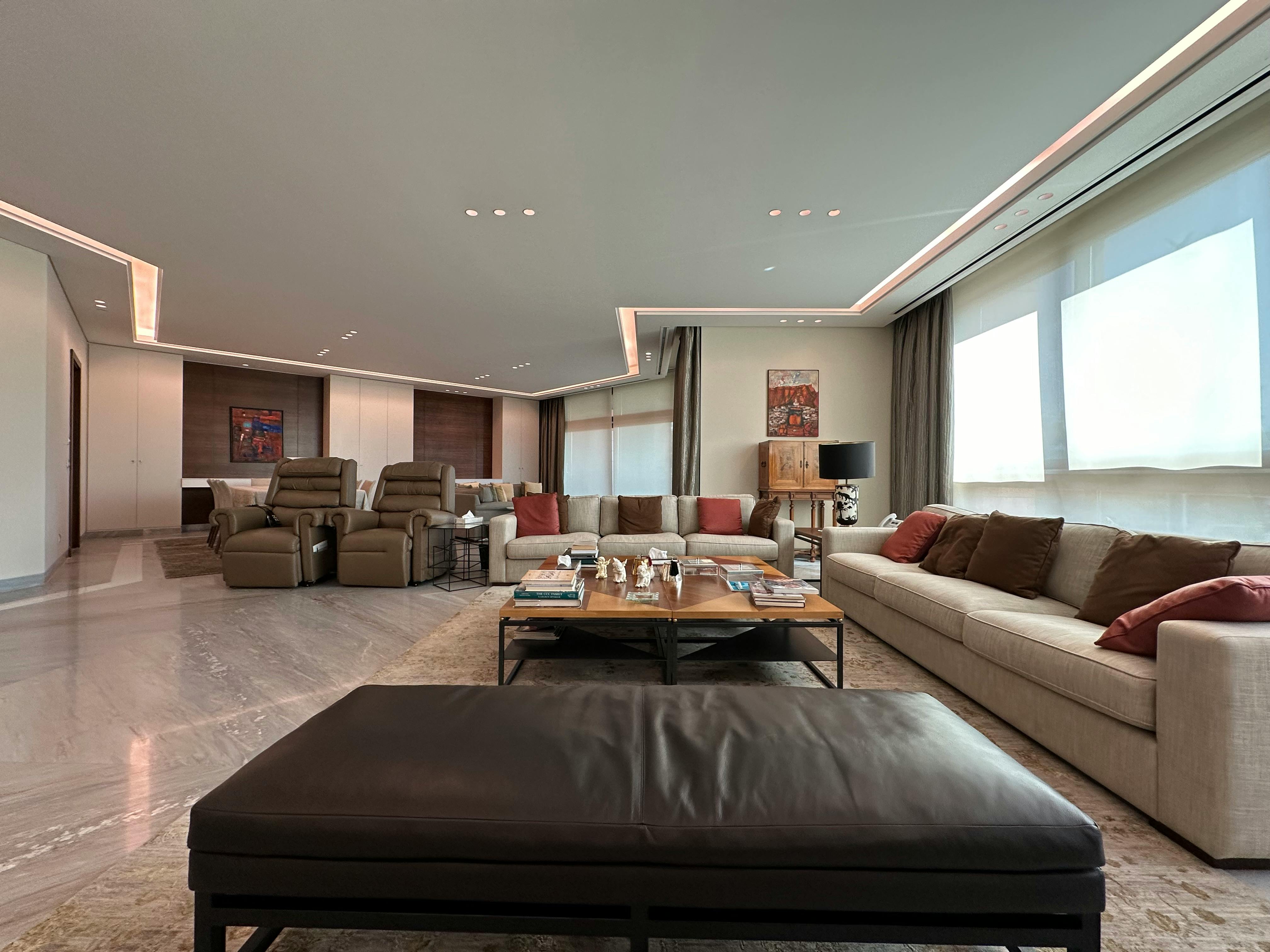Stay ahead: 20 must-watch hotel booking trends

Booking a hotel used to mean calling a front desk or leafing through brochures, but technology, guest expectations, and travel behavior have changed in recent years. Now, AI-powered travel recommendations and mobile-first experiences mean improved personalization, rates, and convenience for travelers.
If you’re a hotelier or hospitality professional who’s interested in how hotel industry trends are evolving, this article is for you. We’ll explore the latest hotel booking trends and discuss why staying in the know is essential.
20 hotel trends for 2025
Here’s a look at the top lodging trends shaping guest experiences in 2025 and what they reveal about the future of hotels.
1. Hyper-personalization
Hotels are using guest data to offer more personalized experiences like curated local recommendations or in-hotel leisure suggestions. Make sure that your hotel always gives guests access to a feedback form so you can adapt to their preferences for future visits.
2. Sustainability and eco-consciousness
Keeping your hotel on the cutting-edge of eco-conscious design and development can help you stand out against legacy competitors. Greener practices are no longer a “nice to have”—they’re the norm. Eco-aware guests are interested in zero-waste policies, solar energy, and environmentally friendly cleaning. Let guests see that you care about the planet and your community—it helps them feel good about choosing a place that shares their values.
3. Regenerative design
Even beyond eco-friendliness, which focuses on reducing energy and waste, regenerative design features actually give back to nature. You might see “biophilic” elements like rooftop gardens or living walls, and guest programs that support causes like marine conservation or reforestation.
4. Technology integration
Slick tech features are changing how travelers interact with hotel services. With keyless entry, guests can unlock their room with a unique code or by using their smartphone. Mobile check-in/checkout means no more irritating lines at the front desk. And smart hotel rooms customize the experience by remembering guests’ favourite light, temperature, and music settings.
5. Zero-touch tech
These technology elements add convenience and promote good hygiene. For example, guests can use face recognition or app-based hotel room entry to avoid high-touch surfaces. Another new innovation is voice-as-a-service software (think Alexa) which lets guests use voice-activated controls for things like room service and curtain operation.
6. Health and safety transparency
Guests want to know the space they’re staying in meets high standards. Savvy hotels reassure their patrons by posting their cleaning procedures online and partnering with certified health organizations.
7. Emphasis on wellness
Many guests desire more than just a shared gym facility or a single vegetarian dining option. They’re looking for more advanced wellness touches with their accommodations, like in-room exercise machines, air purifiers, and healthy menus that cater to specific dietary needs.
8. Focus on mental health
Along with the focus on wellness, many hotels are focusing on mental health-related features by incorporating mindfulness and meditation corners and prayer rooms for the devout. Many properties are tailoring their design and décor to create a serene, peaceful environment that boosts guests’ moods.
9. Quiet zone upgrades
Hotels now offer features like blackout curtains, soundproofing insulation, and circadian lighting that adjusts throughout the day to support natural sleep cycles. These efforts result in refreshed guests who will remember their relaxing experience and recommend your hotel to others.
10. Remote work and "bleisure" travel
The lines between business and leisure are blurred for many travelers. Work-from-anywhere and digital nomad cultures are growing, and guests are looking for flexible and adaptable spaces like work-friendly hotel rooms, coworking lounges, and multi-use spaces that can shift from work to fun effortlessly.
11. Local and authentic experiences
Guests who want to feel connected to the place they’re visiting will choose accommodations that provide a cultural, historical, or local community experience. This could mean partnering with nearby artisans to display handmade crafts and artwork, offering on-site workshops like cultural cooking classes or traditional dance lessons, or having local musicians playing music in the hotel’s lobby or bar. These touches create a more genuine and immersive experience that leads to repeat visits and great reviews.
12. Local sourcing
Beyond cultural experiences, many guests want to be assured their hotels support local businesses. Hotels can respond to this by stocking locally made toiletries or offering farm-to-table-style dining. These thoughtful touches help guests feel more connected to their surroundings and can strengthen meaningful relationships with community partners.
13. Pet-friendly upgrades
Almost two-thirds of American households have pets, and many pet-owners want to include their furry family members in their travel plans. Hotels are responding with pet-friendly accommodations and add-on services like dog-sitting, grooming, and pet menus.
14. Experience-based loyalty programs
Modern travelers value new experiences as a reward for amassing travel points—think spa credits, guided brewery tours, or vouchers for local yoga studios. These types of loyalty programs are more personalized to the modern travel experience, which can boost guest retention.
15. Inclusive and accessible design
The best hoteliers go beyond ADA compliance, adopting inclusivity minded hotel design trends catering to a wide range of their guests’ needs. This can include features like visual and auditory alarms, adjustable bed heights, and clear, easy-to-understand signage. Many properties are also hiring multilingual staff and offering amenities for gender diverse guests, making the experience more welcoming for everyone.
16. Behind-the-scenes AI
Some guests might not notice these advances, but hotels are using AI-powered systems to make the travel experience smoother. This includes feedback systems that alert staff to issues before guests complain, inventory management that reduces waste, and predictive analytics for staffing to make sure responsiveness and service standards are kept high.
17. Immersive tech
Some hotels are using immersive technology like virtual and augmented reality to transform booking experiences and ensure guests don’t choose the wrong room. These new options let guests take engaging virtual tours and bring your artful hotel room décor to life.
18. Micro-stays and extended stays
Micro-stays are shorter stays—a few hours instead of a full night. These are ideal for layovers, remote workers, or anyone who needs a more flexible accommodation solution that matches their travel patterns. And extended stays cater to guests who are traveling for longer periods. Extra time means guests can enjoy home-like amenities, like kitchenettes and laundry services, making them ideal for comfort and convenience.
19. Boutique and lifestyle brands
Many of today’s travelers are drawn to unique, design-forward hotels that offer a story. Boutique and lifestyle hotels deliver that with distinct “personalities” and bespoke experiences. These kinds of stays are popular with influencers and content creators who want to capture an Instagram-worthy aesthetic that resonates with their audiences.
20. Flexible booking and cancellation policies
Travel plans can change fast, which is why most guests want flexible dates and free cancellations built into their booking options. Hotels that offer this type of wiggle room build trust and remove the stress of unexpected charges, which makes guests more likely to book in the first place.
Why it’s important to be aware of the latest hotel industry trends
Staying up-to-date with emerging trends is a strategic advantage. If you’re a hotelier, knowing what’s ahead helps you provide standout experiences and stay resilient in a competitive market.
Here’s why being on the cutting edge matters.
Enhancing guest experience
Travelers expect more than a clean room and a few complimentary soaps. Today’s tastes are more sophisticated, and expectations are always evolving—staying one step ahead of your guests means you’re anticipating needs before they’re even voiced. Being proactive and thoughtful leads to better reviews, stronger guest loyalty, and repeat business.
Staying competitive
Guests have a plethora of options to choose from when it comes to their accommodations. Differentiating your hotel brand from the crowd might seem challenging, but it’s an opportunity to listen and get creative. Consider the top trends in sustainability, wellness, and tech and put your own spin on them.
Optimizing revenue and efficiency
Trends aren’t only about aesthetics and branding—they can also highlight efficient ways to run a hotel. Sustainable practices, community partnerships, and eco-conscious policies let guests know that you’re interested in making a difference, but they can also create connections, save energy, and streamline your operations.
Manage your hotel like a pro with Engine
Inspired to turn these trends into revenue? Engine gives hoteliers everything they need to stay ahead. Unlike online travel agencies that only take care of bookings, our intuitive platform offers a full suite of tools to simplify your day-to-day. Engine centralizes everything from marketing tools to guest analytics in one place.
Try Engine and see how simple smart hotel management can be.


.jpg)

.jpg)

.jpg)



.jpg)











.avif)






.avif)



.jpg)


![How to Get the Best Hotel Deals and Rewards [Infographic]](https://cdn.prod.website-files.com/66a41388b1be9ba182f1e80c/66a41388b1be9ba182f1f257_Windsor_Hotel_-_in_winter.avif)






